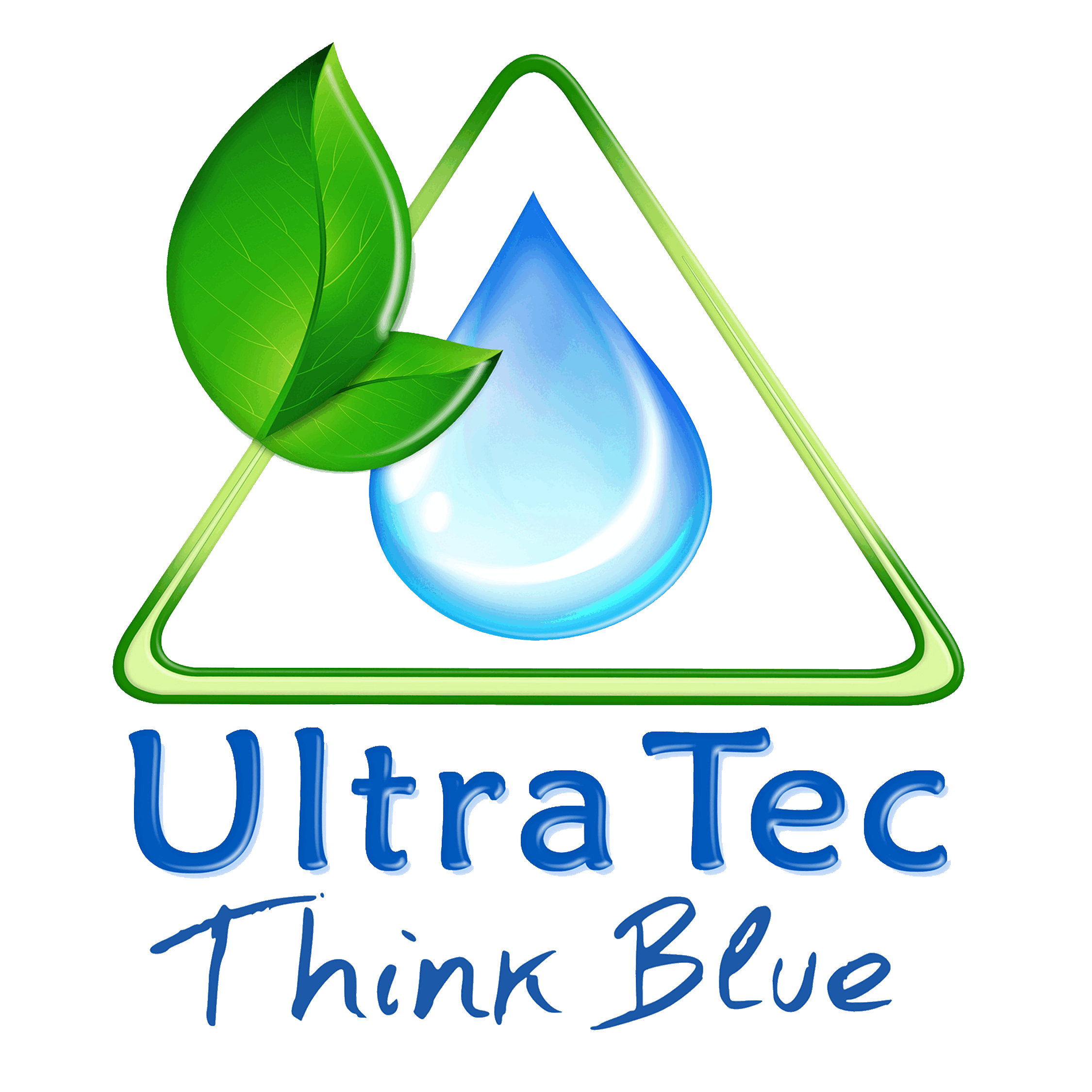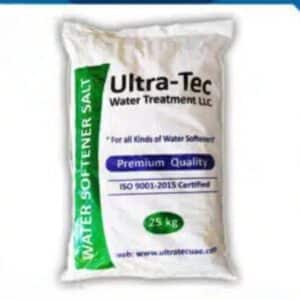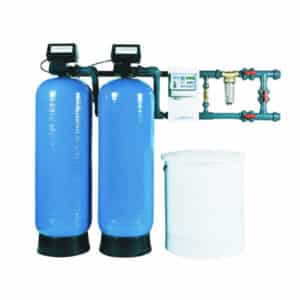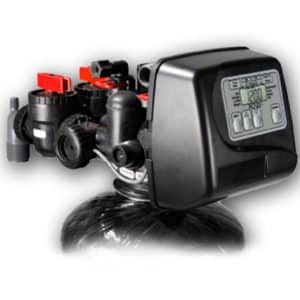Water hardness is a term many homeowners come across when discussing simple plumbing and water supply issues. However, it isn’t unusual for some not to completely understand what it means.
There certainly are concerns for excessive hardness and other contaminants in the water supply, mainly when sourced from a well, as it can cause damage to the plumbing system over time.
Installing a water softener, the device used to regulate water hardness effectively reduces water hardness and reaps the many benefits of having a soft water supply.
Water Softener 32,000 Grain
Designed with suitable mesh resin to remove hard water and ferrous iron. Removes hardness up to 50 gpg, Manganese up to 6 ppm, iron up to 2-4 ppm range, sediment, sand, and rust. Comes with an 18×33 round brine tank.
Water Softener 24,000 Grain
Whole House Water Softener System, On Demand, regenerates based on your water usage. It’s very efficient at removing hard water & supports a wide range of grain capacities to soften water in most applications.
Water Softener 48,000 Grain
Soaps and detergents are effective in keeping skin soft, hair shiny, and laundry. Its unique precision in the system bypass valve saves over 4 feet of floor space. 14 x 42 Inch Brine Tank & 10 x 54 Inch Mineral Tank
Water Softener 30k Grain
Ideal for households of 1-4+ people and extracts up to 8ppm of clear water iron resulting in significant salt and water savings.NSF is certified to ease hard water symptoms such as embarrassing stains, spotting on dishes, and buildup on your plumbing and faucets.
Water Softener 64k Grain
Water softener, iron filter, all in one! High flow for whole house use, 64,000-grain capacity, suitable mesh resin designed for high iron removal & long life. Extracts hardness up to 75 gpg, iron up to 6-8 ppm capacity, Manganese up to 6 ppm, sediment, sand, and rust.
What is Water Hardness?
A water supply’s “hardness” or “softness” refers to dissolved minerals in the water. Water with a higher concentration of dissolved particles is considered complex, while a lower concentration is considered soft.
The criteria for determining water hardness differ from region to region based on measuring standards, the types of elements present, and testing specifications. But in general, hard water can always be associated with a higher concentration of dissolved minerals.
 Effects of Hard Water
Effects of Hard Water
Various elements, including iron, aluminum, and Manganese, may be present to determine hardness. However, the two most prevalent elements are calcium and magnesium. The presence of calcium and magnesium isn’t harmful to the human body if ingested. However, it can be beneficial in moderate amounts.
However, calcium and magnesium can cause limescale buildup in pipes and faucets and clog up the plumbing system over time. If left untreated, the damage that hard water can cause to a water system can be costly.
The Top 4 Water Softener Benefits
- Prolonged Life of Plumbing System
- Lowered Energy Bill
- Reduce Soap Usage and Improve Skin Health
- Keep Fabrics Soft, Colorful, and Fresh
How to Test for Hard Water
The two most standard units of measurement for water hardness in the US are parts per million (ppm) and grains per gallon (gpg).
PPM
The term, parts per million, is defined as having 1 milligram of dissolved minerals for every Liter of water. For example, a Liter of water measuring 1 ppm contains 1 mg of dissolved minerals.
GPG
Grains per gallon are defined as having 1 grain (equivalent to about 64.8 mg) of dissolved minerals for every gallon of water.
There are several other units of measurement used for testing water hardness. However, ppm and gpm are most commonly used in the United States. While the different measurement branches can often confuse determining water hardness, each unit can be converted to suit measurement needs.
1 PPM = 0.05842 gpg
1 GPG = 17.2 ppm

Related Products
Water Softener Salt
Water Softener SaltThe salt used in the brine tank of a water softener does not directly soften the water, but is used to regenerate the resin beads in your water softener. These actually soften the water from your well by removing the hard water ions, calcium, magnesium and iron.
Water Softening
Water SofteningIndustrial Water Softeners remove hardness ions from water through ion exchange, which exchanges hardness ions for more harmless ions, such as salt.Hard water is water that has calcium and/or magnesium salts dissolved in it. The degree of hardness is directly related to the concentration of these salts. Hard water consumes soap and adversely affects washing and cleaning operations in the home and throughout industry. Hard water salts form scale in pipe lines, boilers, heat ex changers, hot water heaters, water chillers & UV shells.
Automatic Clack Head Water Softener
Automatic Clack Head Water SoftenerHard water can be hard on your body and your household appliances Take the edge off with CLACK USA home water softening systems. Each is designed to help reduce water contaminants, scale build-up, and electricity use, plus extend the life of your appliances, deliver better-tasting water, and make cleaning easier—from sparkling dishes to softer laundry. This Soft water is a natural moisturizer for your hair The leading edge of our water softener is the original made-in-USA Clack Automatic Digital control head.









